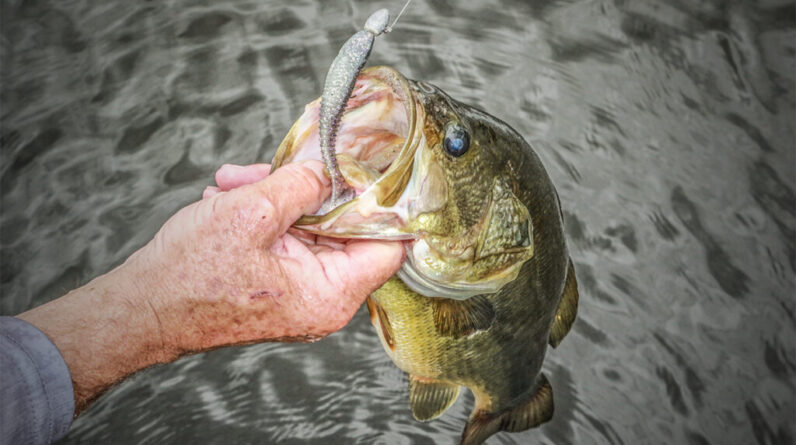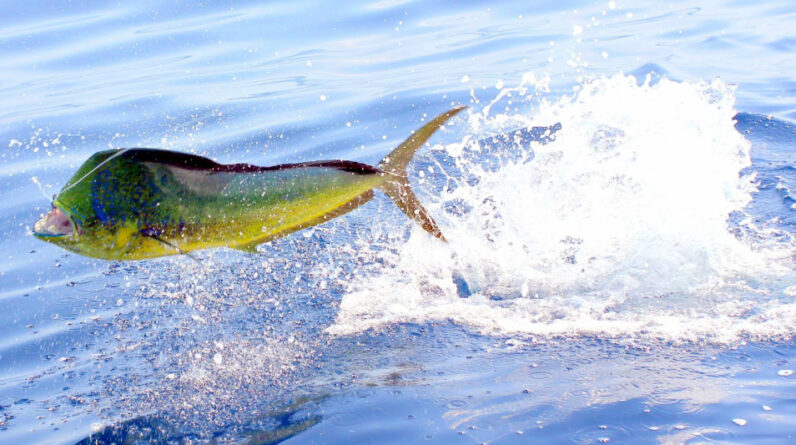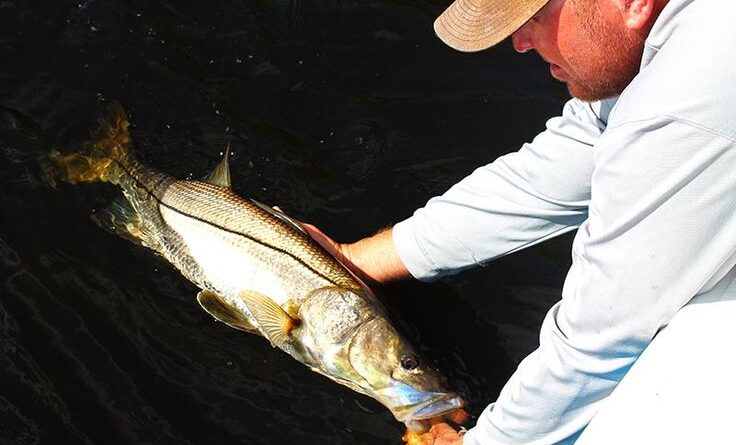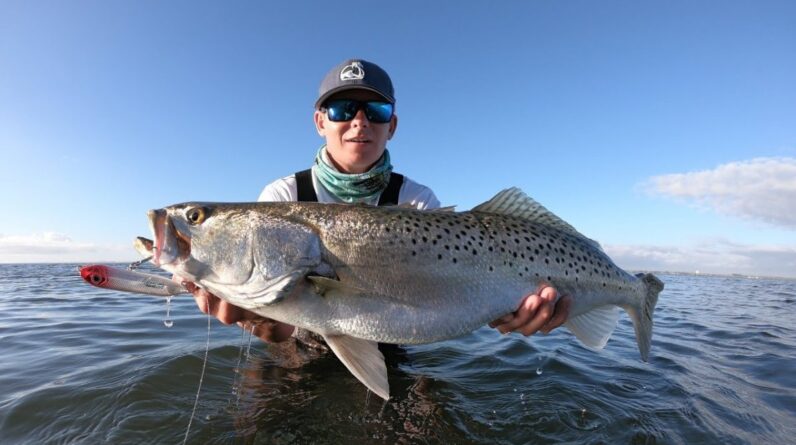Fishing is not just a relaxing pastime; it’s an adventure that takes you to various water bodies, where unpredictable conditions can arise. To ensure a safe and enjoyable fishing experience, it’s crucial to choose the right safety gear. Whether you’re a seasoned angler or just starting, having the appropriate fishing gear can make a significant difference in your safety on the water. In this comprehensive guide, we’ll walk you through the essential safety gear for fishing, helping you stay prepared and protected during your fishing trips. For a wide selection of fishing gear and valuable fishing tips & techniques, visit cheerfulfisherman.com.
The Importance of Fishing Safety Gear
Before delving into the specific safety gear, it’s essential to understand why investing in proper equipment is crucial for anglers.
- Protection from the Elements: Fishing often takes place in various weather conditions, including rain, wind, and extreme heat. Safety gear like rain jackets, sun hats, and sunglasses can provide protection from these elements, keeping you comfortable and safe.
- Water Safety: Accidents can happen on the water, whether you’re fishing from a boat, kayak, or shore. Life jackets and personal flotation devices (PFDs) are essential to prevent drowning in case of an unexpected fall or capsize.
- Insect and Sun Protection: Fishing in certain areas may expose you to biting insects and harmful UV rays. Protective clothing and insect repellent can safeguard you from bites and sunburn.
- Emergency Situations: In case of an emergency, having safety gear such as a first-aid kit, signaling devices, and communication tools can be a lifesaver. Being prepared can make a difference in critical situations.
- Wildlife and Environment: Depending on your fishing location, encounters with wildlife or challenging terrain can occur. Proper gear can help you navigate these situations safely.
Now, let’s explore the essential safety gear you should consider for your fishing trips.
1. Life Jackets or PFDs
Life jackets or personal flotation devices (PFDs) are critical safety gear for all anglers, especially those fishing from boats or kayaks. Ensure that your PFD is appropriate for your weight and fits snugly. Inflatable PFDs are a popular choice due to their comfort and ease of wear.
Tip: Always wear your life jacket when you’re on the water, and make sure it’s in good condition and properly maintained.
2. Rain Gear
Fishing in the rain can be unavoidable, and getting wet can lead to discomfort and even hypothermia. Invest in a high-quality rain jacket and rain pants to keep yourself dry during wet weather conditions. Look for gear that is both waterproof and breathable for maximum comfort.
Tip: Consider a packable rain jacket that you can easily carry with you in case of unexpected showers.
3. Sun Protection
Protection from the sun is essential, especially during long hours on the water. Sunburn can be painful and harmful to your skin. Invest in the following sun protection gear:
- Sun Hat: A wide-brimmed hat provides shade for your face and neck.
- Sunglasses: Polarized sunglasses protect your eyes from harmful UV rays and reduce glare on the water, allowing you to see clearly.
- Sunscreen: Use a high-SPF sunscreen to protect exposed skin, and reapply it regularly, especially if you’re sweating or in the water.
4. Insect Repellent
Fishing in areas with biting insects like mosquitoes or flies can be annoying and potentially dangerous if they carry diseases. Apply insect repellent to exposed skin to prevent insect bites.
Tip: Look for insect repellents with DEET or other recommended active ingredients for effective protection.
5. First-Aid Kit
A well-stocked first-aid kit is an essential part of your fishing gear. It should include items like bandages, antiseptic wipes, adhesive tape, pain relievers, tweezers, and any necessary medications for allergies or pre-existing conditions.
Tip: Familiarize yourself with the contents of your first-aid kit and how to use them effectively in case of injuries.
6. Communication Devices
Having a means of communication is crucial in case of emergencies or when you need assistance. Consider carrying a waterproof cell phone case or a handheld marine radio that can transmit distress signals if needed.
Tip: Keep your communication device charged and protected from water damage.
7. Whistle or Signal Device
A whistle or other audible signal device can be useful for alerting others to your location in case of an emergency. Attach it to your life jacket or PFD for easy access.
Tip: Learn the internationally recognized distress signals to use in emergency situations.
Frequently Asked Questions (FAQs)
1. Is a life jacket required for shore fishing?
- Life jackets are not typically required for shore fishing, but they are highly recommended, especially if you’ll be fishing near deep or fast-moving water. Accidents can happen even on the shore, so it’s wise to wear one if you have it.
2. How do I choose the right size for a life jacket or PFD?
- Life jackets and PFDs come in various sizes based on weight and chest size. Refer to the manufacturer’s sizing chart and choose one that fits snugly but comfortably. Always follow the manufacturer’s recommendations.
3. Can I use regular sunscreen for fishing?
- While regular sunscreen can provide some protection, it’s advisable to use a high-SPF sunscreen specifically designed for outdoor activities, as it offers better water resistance and longer-lasting protection.
4. Do I need a marine radio if I fish in freshwater lakes?
- While a marine radio is not necessary for freshwater lake fishing, it can still be a valuable safety tool if you fish in remote areas with limited cell phone coverage. It provides an alternative means of communication in case of emergencies.
5. How often should I replace my fishing gear for safety reasons?
- The lifespan of fishing gear varies depending on the type and usage. Life jackets and PFDs should be replaced if damaged or if they no longer fit correctly. Other gear like rain jackets, hats, and sunglasses can last for several seasons with proper care and maintenance.
Conclusion
Safety should always be a top priority when enjoying your fishing adventures. By investing in the right safety gear, you can protect yourself from the elements, ensure water safety, guard against insects, and be prepared for emergencies. Remember to check and maintain your gear regularly to ensure it remains in good working condition. For a wide selection of fishing gear and valuable fishing tips & techniques, visit cheerfulfisherman.com to enhance your fishing experiences while staying safe on the water.






